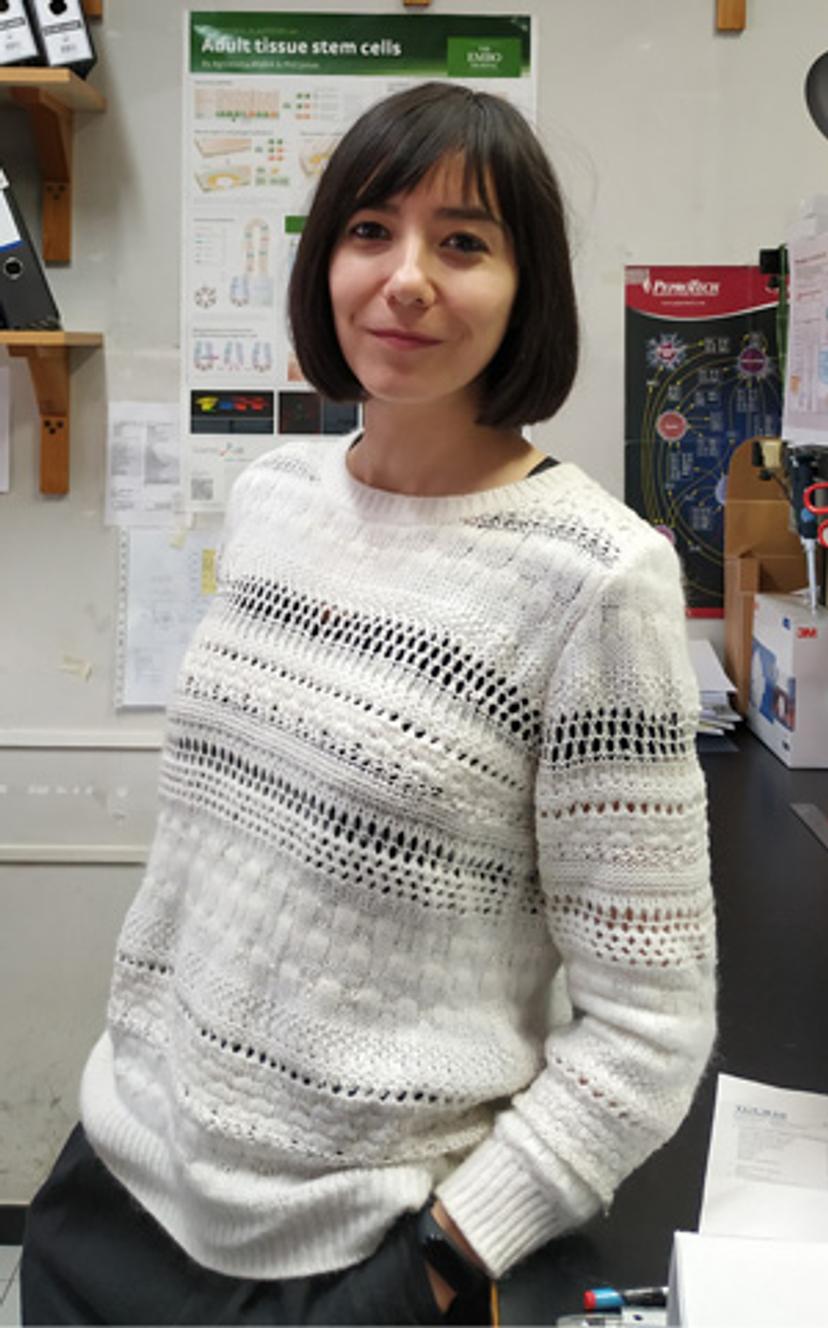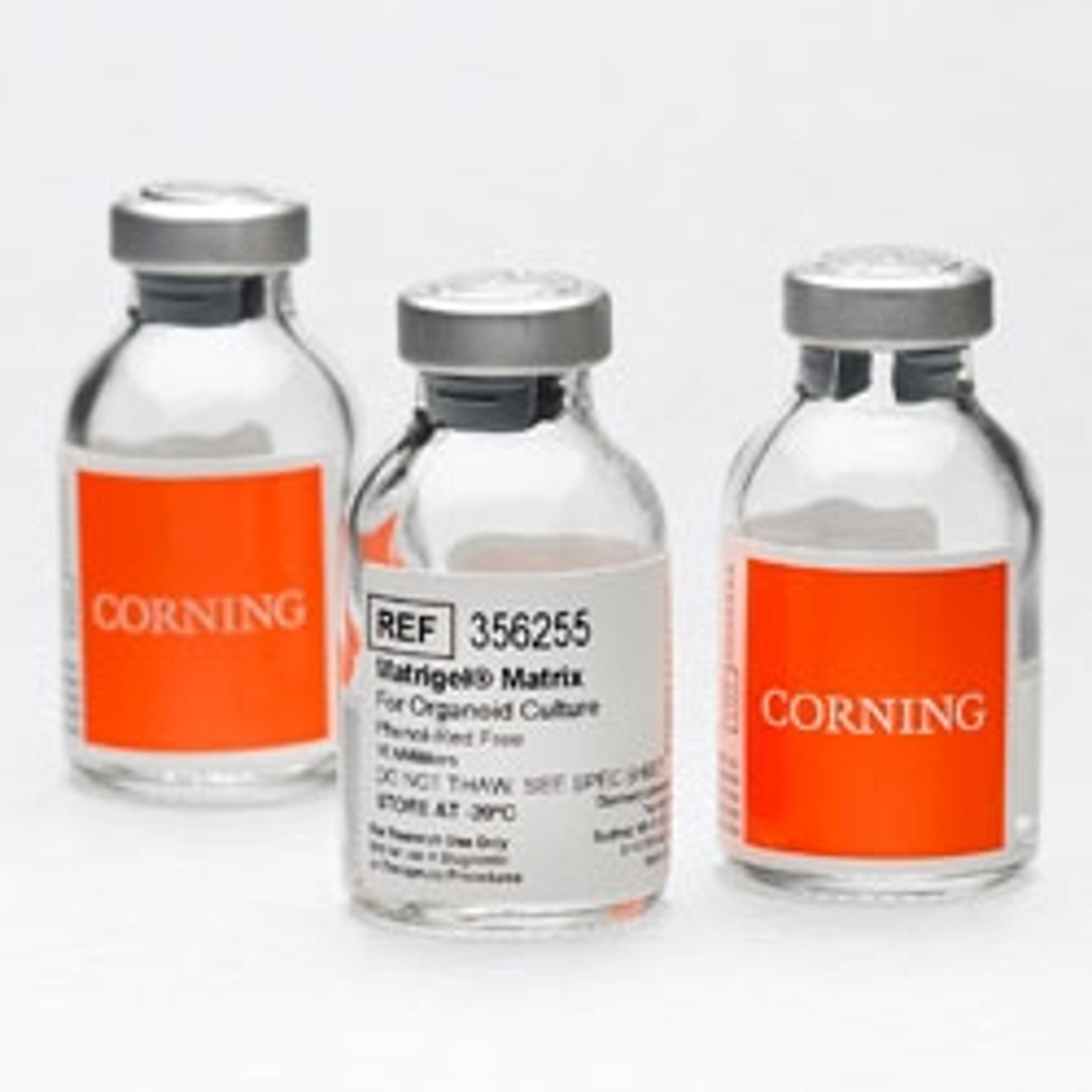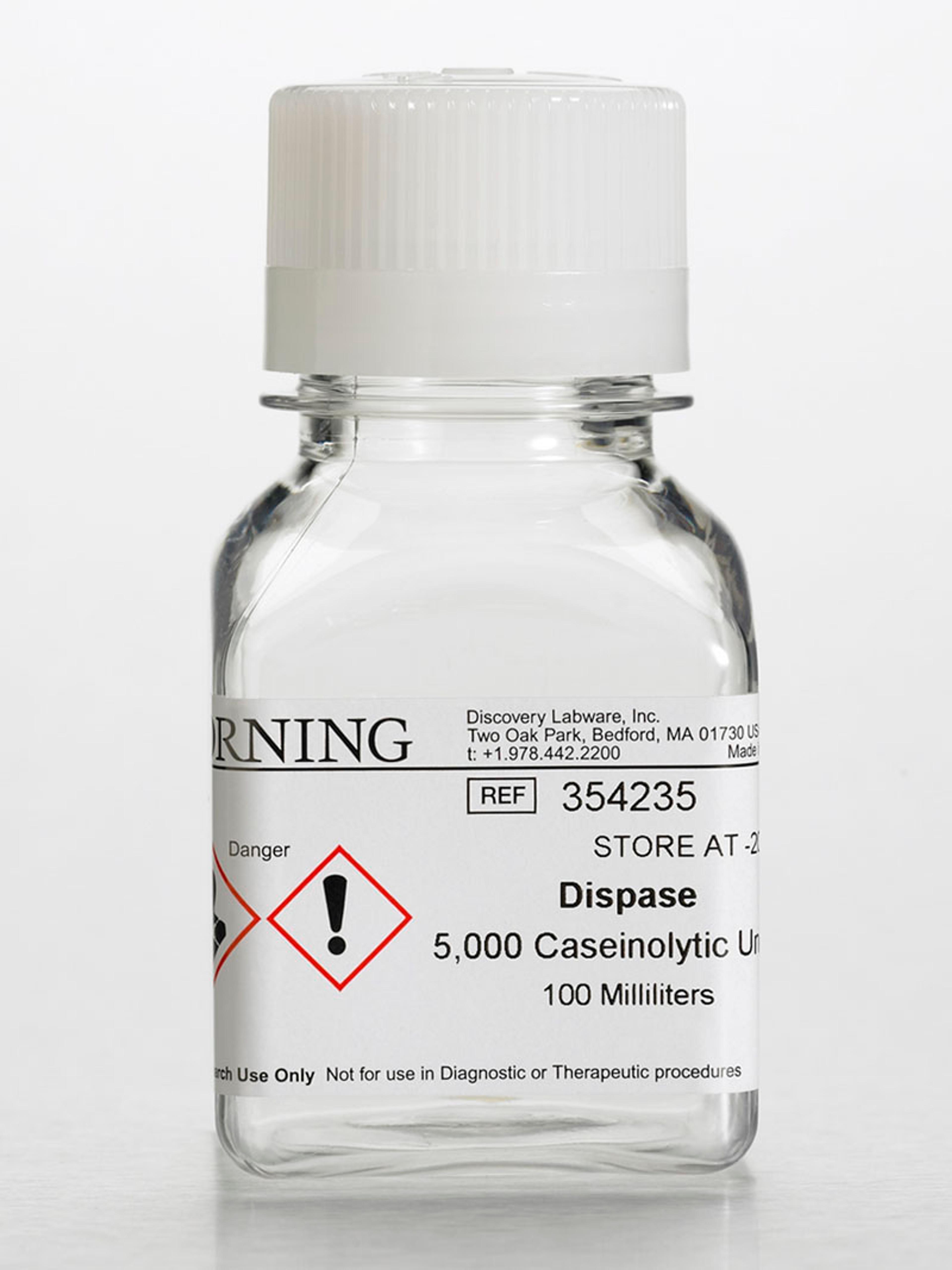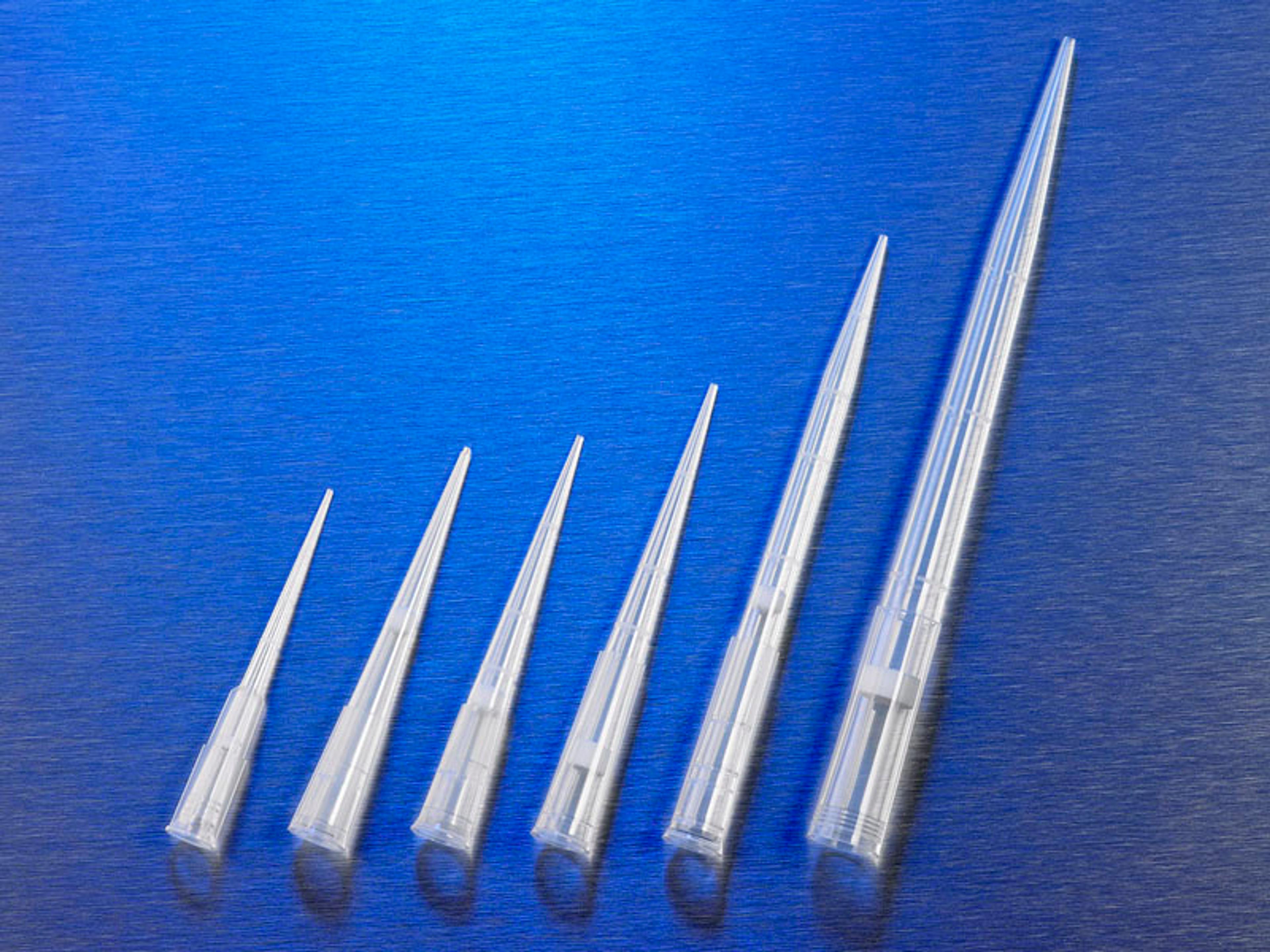Targeting colorectal disease through patient-derived colon cancer organoids
Researchers use 3D cell culture to uncover the link between vitamin D deficiency and intestinal stem cells
7 Feb 2020

In this SelectScience interview, we talk with Dr. Asunción Fernández-Barral, Instituto de Investigaciones Biomedicas "Alberto Sols", CIBERONC, Madrid, Spain, to find more about her research into the regulatory role of vitamin D in relation to human colon stem cells and its implications in colorectal cancer.
Beginning her research career studying the anti-tumor properties of pigment epithelium-derived factor (PEDF) and its role and expression patterns in the malignant progression of human melanoma, Fernández-Barral became experienced in managing primary cell cultures. It was in 2013 when a move into the laboratory of Alberto Muñoz Terol led her to start working with 3D cell culture techniques and investigate the relationship between vitamin D and colorectal, patient-derived, normal and tumor organoids. It was the development of human colon organoids that led to new opportunities for her research in this area. As Fernández-Barral explains: “It was impossible to study what we wanted in primary colonic cell cultures because they do not survive in vitro more than a few days. The intestinal epithelium has one of the highest cell renewals in the body, so it was not possible to work with these cells in vitro.”
By isolating the stem cell population of the intestine, the group has successfully created a living biobank of normal and tumor colon organoids from more than 90 colorectal cancer patients. The creation of patient-derived organoids has enabled the study of the effects of vitamin D on their transcriptomic profiles and morphology. In normal (healthy tissue) colon organoids, vitamin D promotes the maintenance of the stemness phenotype by downregulating differentiation genes and inducing the expression of stemness-related genes (such as LGR5, SMOC2, LRIG1, MSI1, PTK7, and MEX3A). In contrast, vitamin D plays a pro-differentiation role in tumor organoids. These data suggest a homeostatic effect of vitamin D on the colon epithelium that would have implications in inflammatory bowel diseases, and point to a protective action of vitamin D in colorectal cancer1.
But developing the right culture conditions and optimized protocols for creating organoids is not always easy. “I think in the beginning, 90% of our time was focused on culturing the cells,” says Fernández-Barral. “The most important thing is just to be very focused on what you are doing because the organoids are very sensitive to any changes in the media. If you make a mistake, then you can lose all your cultures in a day. You have to be very confident with your reagents.”
When it comes to generating organoids, Fernández-Barral advises: “If you talk with people that work with organoids, they will tell you that one of the most important things is the extracellular matrix, in our case Matrigel® matrix from Corning, and I agree with them. But for me, the most important thing for these cultures is Corning’s low-attachment tips.” When working with small-scale human tissue, every sample is precious and the group can’t afford to lose any during the culture process. Fernández-Barral continues: “The first time that we started to grow the organoids, we saw all the cells inside the tip and thought, ‘I’ve just lost all my culture here on the tip and I can’t detach it.’ So, when we discovered the low-attachment tips, the whole scenario changed.” Another important factor for splitting and maintaining 3D cell cultures is being able to disaggregate the Matrigel matrix and the organoids with minimal organoid loss, and Fernández-Barral offers tips here too: “We incubate the culture with Corning Dispase for 30 minutes because it helps to detach the organoids from the Matrigel matrix and then you can obtain the organoids alone and add in fresh Matrigel matrix.”
Compatibility and personalized medicine could be the future
When it comes to the future of 3D cell culture technology and her research, Fernández-Barral can see a route towards personalized medicine: “Imagine the side effects that you could save to the patient if you test many drugs in the lab before using on the patient, and also the cost saving for the whole system.” She’d also like to see the application of this technology in regenerative medicine, and publications have already shown the potential of regenerated colon tissue in mice. By obtaining organoids from a mouse and culturing in vitro, researchers were able to regenerate the colon of another mouse post-injury2. The possibilities of this organoid-based regeneration in humans are an exciting prospect.
References
Fernández-Barral A, Costales-Carrera A, Buira SP, Jung P, Ferrer-Mayorga G, Larriba MJ, Bustamante-Madrid P, Domínguez O, Real FX, Guerra-Pastrián L, Lafarga M, García-Olmo D, Cantero R, Del Peso L, Batlle E, Rojo F, Muñoz A, Barbáchano A. Vitamin D differentially regulates colon stem cells in patient-derived normal and tumor organoids. FEBS J. 2020 Jan;287(1):53-72.
Yui S, Nakamura T, Sato T, Nemoto Y, Mizutani T, Zheng X, Ichinose S, Nagaishi T, Okamoto R, Tsuchiya K, Clevers H, Watanabe M. Functional engraftment of colon epithelium expanded in vitro from a single adult Lgr5⁺ stem cell. Nat Med. 2012 Mar 11;18(4):618-23.



